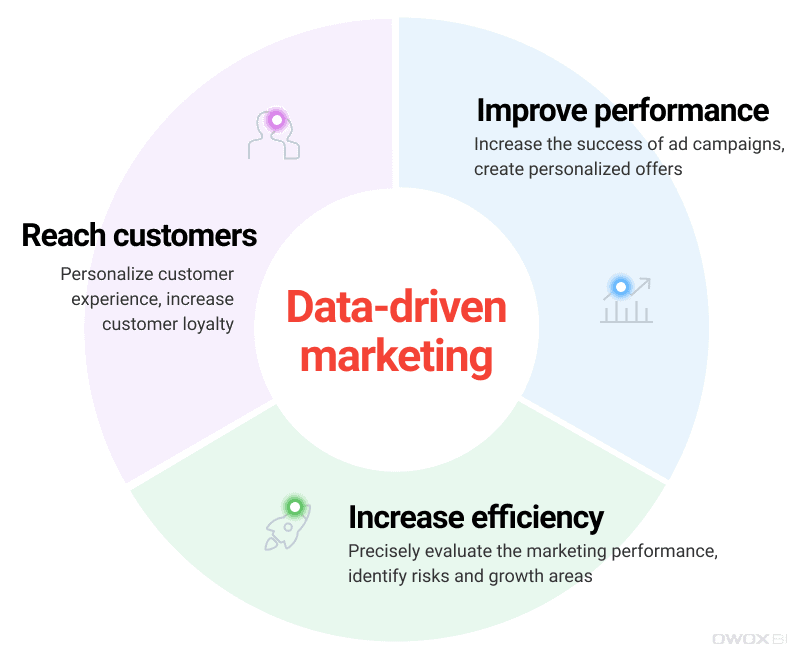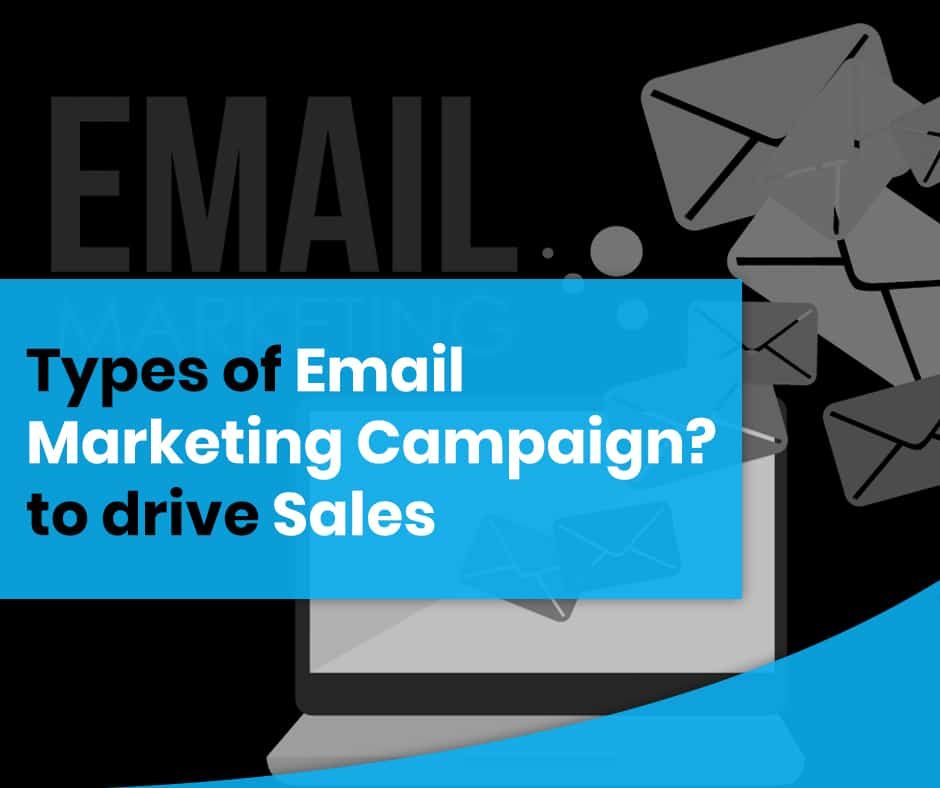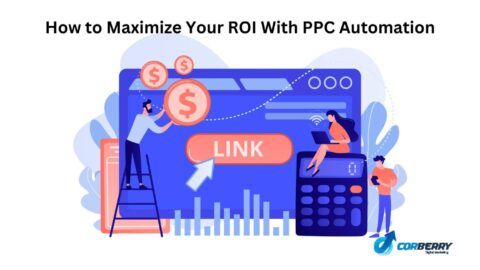In today’s digital age, data has become the currency of success for businesses across various industries. With the immense amount of information available, companies can now make informed decisions and create effective marketing strategies to drive growth and improve customer engagement. Data-driven marketing is a powerful approach that leverages insights and analytics to fuel marketing campaigns and generate remarkable results. In this article, we will explore the key benefits and strategies of data-driven marketing.
The Power of Data
Data is the backbone of successful marketing campaigns. It provides businesses with valuable insights into customer behavior, preferences, and trends. With the right data, companies can target specific demographics, personalize messages, and optimize marketing efforts to achieve higher conversion rates and ROI. Data allows businesses to understand their customers better, anticipate their needs, and deliver relevant content to the right audience at the right time.
Better Customer Understanding
By analyzing data, businesses gain a deeper understanding of their customers. They can identify patterns, segment customers based on demographics or behavior, and create personalized experiences. This helps companies tailor their messages and offerings to meet their customers’ needs effectively. For example, an e-commerce company can analyze customer purchase history and browsing behavior to recommend relevant products, increasing the likelihood of a purchase.
Improved Targeting
Data-driven marketing enables precise targeting of specific audiences. Businesses can leverage data to create buyer personas and identify their ideal customers. This information allows marketers to target their advertising efforts exclusively to the people who are most likely to convert. For instance, a fitness apparel brand can use data to target fitness enthusiasts and promote their products to a highly relevant audience.
Key Strategies for Data-Driven Marketing
Collect and Analyze Data
The first step toward implementing data-driven marketing strategies is to collect and analyze relevant data. This involves utilizing data analytics tools, customer surveys, website tracking, social media listening, and other sources to gather valuable data. Once collected, the data should be carefully analyzed to identify patterns, trends, and insights that can guide marketing decisions.
Implement Tracking Mechanisms
Tracking mechanisms, such as website analytics and marketing automation tools, allow businesses to collect data on customer behavior, engagement, and preferences. Monitoring key metrics provides valuable insights into how customers interact with the brand, which channels drive the most traffic, and which marketing strategies generate the highest conversion rates.
Segmentation and Personalization
Segmentation is a crucial process that categorizes customers into specific groups based on relevant characteristics. By segmenting the target audience, businesses can create personalized and tailored marketing campaigns that resonate with individual segments. Personalization involves delivering content, offers, and recommendations that are highly relevant to each segment’s preferences and needs. This approach enhances customer engagement and increases the likelihood of conversion.
Automated Personalization
Leveraging marketing automation tools can enhance the personalization process by delivering customized content and offers based on customer behavior. For instance, an online retailer can automatically send personalized emails with product recommendations based on a customer’s browsing and purchasing history. This level of personalization helps build a stronger connection with customers and enhances the overall customer experience.
Testing and Optimization
Data-driven marketing involves continuously testing different strategies and optimizing campaigns based on the insights gained. A/B testing can help businesses identify which variations of marketing messages, landing pages, or calls-to-action yield better results. By analyzing the data obtained from these tests, marketers can make data-backed decisions to optimize their campaigns and achieve maximum efficiency.
Iterative Improvements
Data allows for iterative improvements by analyzing the results of each marketing campaign and making necessary adjustments. By identifying what worked and what didn’t, businesses can refine their strategies, messaging, and targeting to continuously improve their marketing efforts. This iterative approach ensures that marketing campaigns are always evolving to meet the changing needs and preferences of customers.
Conclusion
Data-driven marketing has revolutionized the way businesses approach their marketing strategies. By leveraging data and analytics, companies can gain valuable insights into customer behavior, improve targeting, and create personalized experiences that drive success. Implementing data-driven marketing strategies, such as collecting and analyzing data, segmentation, personalization, testing, and optimization, empowers businesses to make data-backed decisions and achieve remarkable results. In today’s competitive landscape, embracing data-driven marketing is no longer optional but essential for businesses to thrive and stay ahead of the curve.



